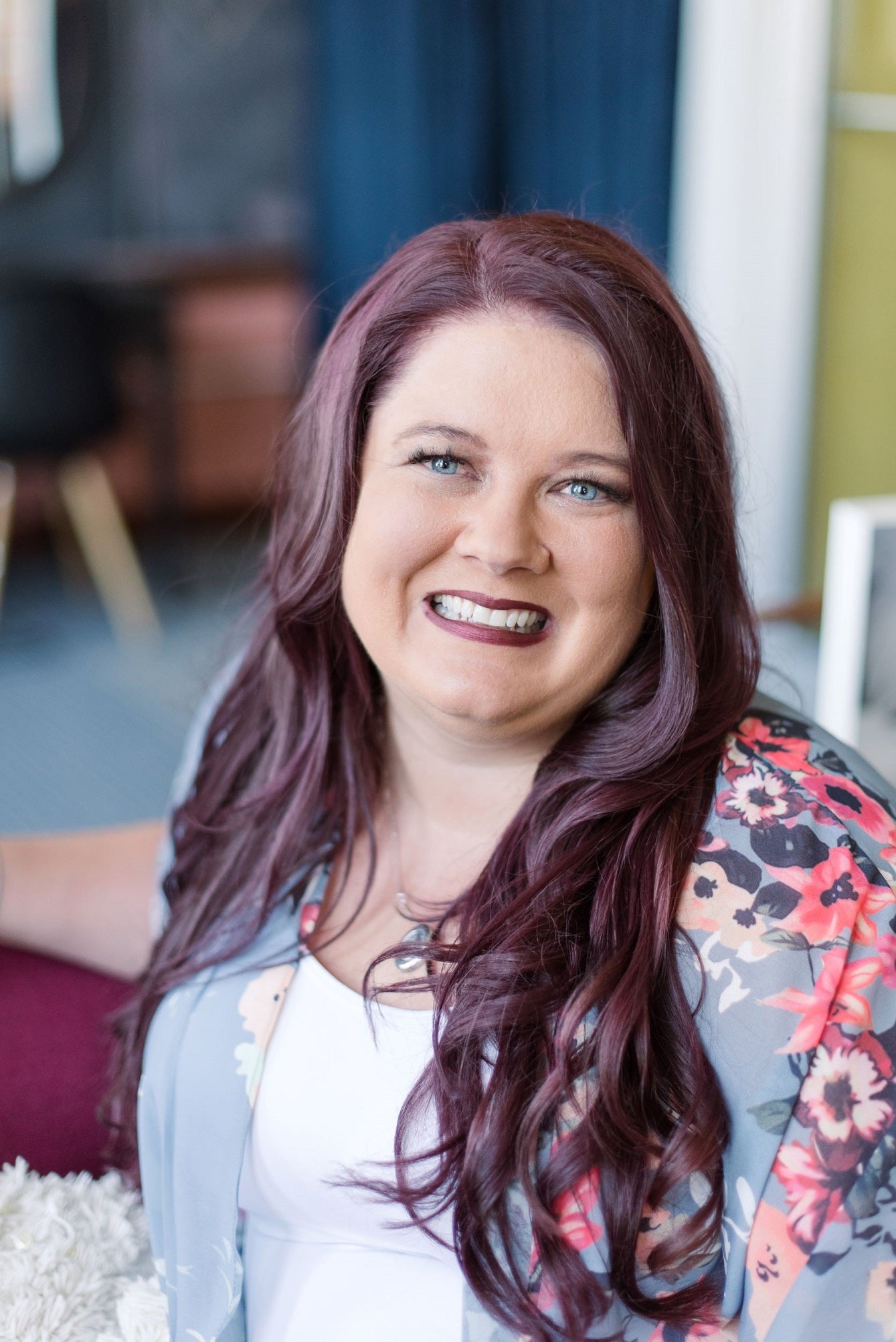An excerpt from Confessions of a Griever by Crystal Webster
Ok. Not really. I say this soooooo tongue in cheek I’m surprised you can even understand what I’m saying through all the mumbling.
When you feel lost–like you do in debilitating grief–all you want is some reprieve. You want someone or something to make it all better–to ‘kiss the boo-boo’ and apply a bandage to your exposed and bloody heart. You want someone to tell you what to do, how to feel, and how to make it all go away. You need them to just do it. To make all the hurt, sadness, sorrow, and lethargy disappear.
You assume the people who have walked the path before you (me included) have it all figured out and have all the magic answers. That’s bullsh!t. They don’t. We don’t. We don’t have the foggiest idea what we’re doing either. We all put our pants on one leg at a time. No one is a Guru of Grief; there is no amount of studying, experiencing, experimenting, researching, or interviewing that can make you the be all, end all expert of grief.
‘Guru’ is such an overused term in today’s society. I think it just makes people sound idiotic {unless it is actually a term used in your religion–that’s perfectly acceptable and encouraged}. People are not ‘marketing gurus,’ or ‘social media ninjas,’ or ‘physiology rock stars,’ or any other ridiculous word pairing. The term has been bastardized from its original meaning. It’s dumb. Don’t be dumb.
**Side Note**
It reminds me of when ‘build your own’ frozen yogurt shops were all the rage. Did you ever notice there was a formula for the names? Color Noun. Think about it: Orange Leaf, Pink Berry, Red Mango, Peach Wave...
For a while, the same thing was kinda happening with sales people: what you sell + racially insensitive generalization = what you call yourself at networking events.
***
The Oxford definition of Guru is: in Hinduism and Buddhism - a spiritual teacher, especially one who imparts initiation (initiation: the action of admitting someone into a secret or obscure society or group, typically with a ritual).
For some reason, though, I really ‘like’ the term ‘Grief Guru’ here {maybe it’s the alliteration, maybe it’s the complete oxymoron}. This term is absurd on so many levels:
- Who in their right mind wants to WILLINGLY LEARN grief? And then, actually want to TEACH it to others?
- The idea of being an expert in grief is dumb. The idea of using ‘guru’ out of context is dumb. Put them together: double dumb.
- . Each person’s story and journey is uniquely theirs. How can someone else lead them along a path if there is really no path to begin with? Only YOU can be the expert of your own grief {everyone else will just try to tell you what they think is best for you}–you’re the only one who knows how to handle each moment.
- No one ‘masters’ grief…or at least I hope no one HAS to master grief–that’s just too much grief. If you do ‘truly master grief’ that means you get used to it. If you’re used to grief that means it begins to not matter to you. If grief and death and loss begin to not matter to you then I think you might have some bigger problems to look into - like you’re becoming a heartless robot.
I do believe you learn to carry your grief with you in a way that is as unobtrusive as possible. (I write another story about that called Grocery Bag Grief.)
There is one piece of the definition of ‘guru’ that I do think applies to grief: admitting someone into a secret or obscure society or group, typically with a ritual.
First, what’s more ritualistic than a funeral?
Second, we, as the mourning, are part of an obscure society. We are banished to the outskirts of conversations until we can ‘learn to behave normally.’ Until we learn to brush our grief and sadness under the rug and hide it from others. What ‘non-grievers’ don’t understand is that THIS is our new normal. Our grief has forever changed us; like a caterpillar into a butterfly. We are learning to fly {though at first it will feel like we’re being buried alive}.
I, for one, prefer the ‘outskirts of conversations.’ Fine, look away when you see me coming, pretend you don’t notice me as I say ‘hello.’ The relationships I have now–with others ‘like me’ are fuller, more meaningful, and far more real than the relationships I had with those I only spoke to about rainbows, the weather, and puppy dogs.
What I’m ultimately trying to say is don’t go looking for your Grief Guru. And, don’t trust anyone who says they are a Grief Guru. Because they just don’t exist. What you’re really looking for, IMHO, is a ‘Grief Sherpa.’ Someone who can help to guide you along the journey (not tell you how), someone who will walk alongside you to pick you up and dust you off, someone who will help you carry the weight when it feels unbearable. ‘Grief Sherpas’ do exist. And those are the people and organizations you need to seek out.
Dr. Wolfelt calls this ‘companioning the grieving.’ I want to take it one step further. I believe it is every seasoned griever’s duty to help guide those newer to the journey. It is our responsibility to provide an ear to bend, a shoulder to cry on, and a nonjudgmental embrace. We are here to provide support where there may be none otherwise and to give counsel as necessary. That, to me, is a Grief Sherpa. It takes no degree or license. The only true requirement is to be on this grief journey longer than your counterpart.
So, no. I am not your Grief Guru–but it is my great pleasure to be your Grief Sherpa.

